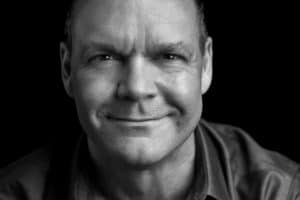Headlines at the Olympics bring mental health issues to the forefront

"Put mental health first because if you don't then you're not going to enjoy your sport and you're not going to succeed as much as you want to. So, it's okay sometimes to sit out the big competitions to focus on yourself. It shows how strong a person and competitor you really are, rather than just battle through it."
Simone Biles, one of the all-time top gymnasts in the United States, made that statement for the media at the Tokyo Olympics late July after pulling out of some of the competitions. She later won the bronze medal for her balance beam routine. But her actions put a spotlight on mental health in the sports world. While some openly criticized her for the withdrawal, many—including fellow athletes, celebrities, and mental health ex...
Want to keep reading this article from New England Psychologist?
Login below or subscribe today to support independent journalism!
